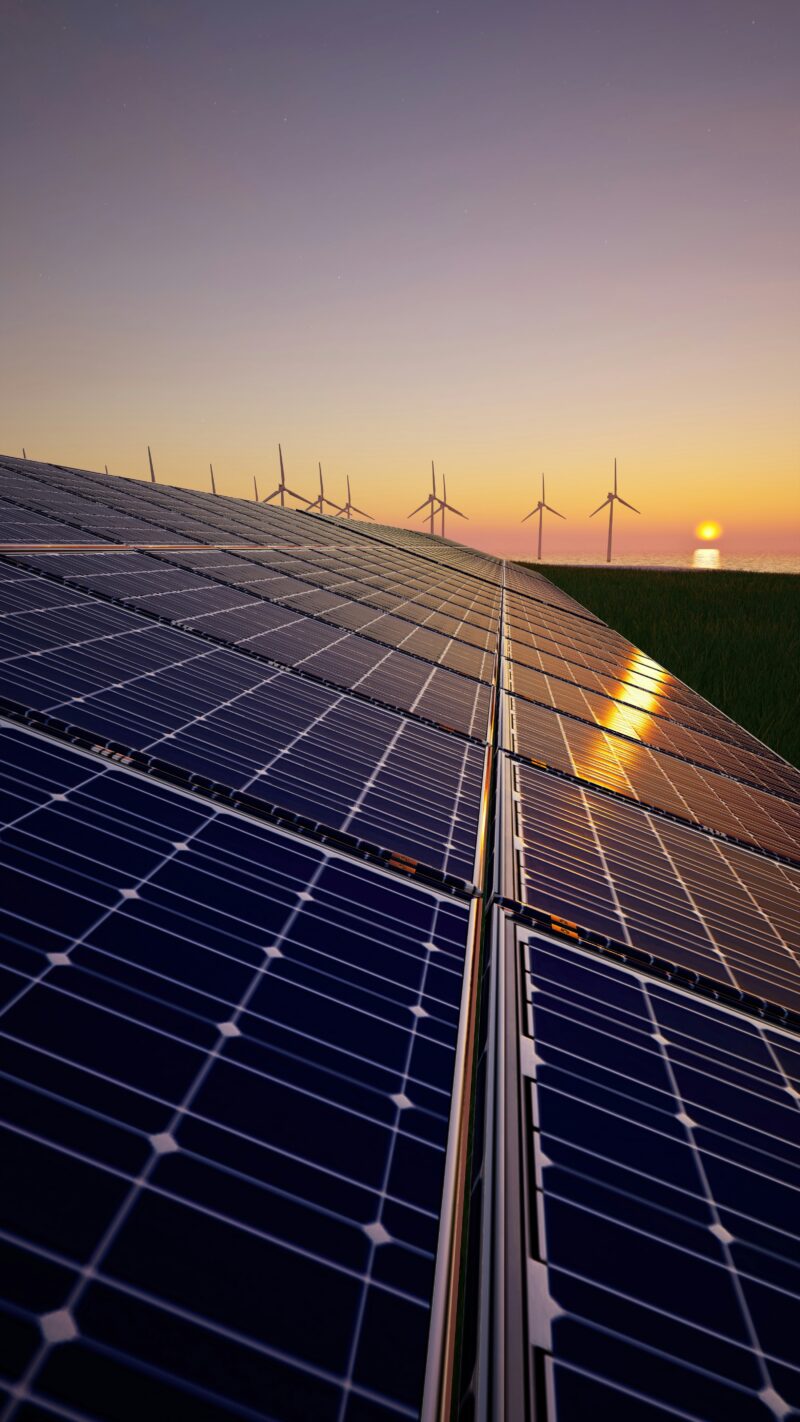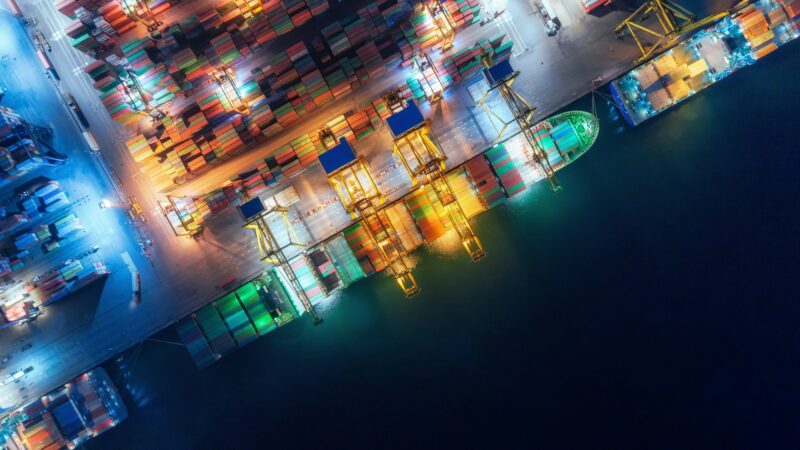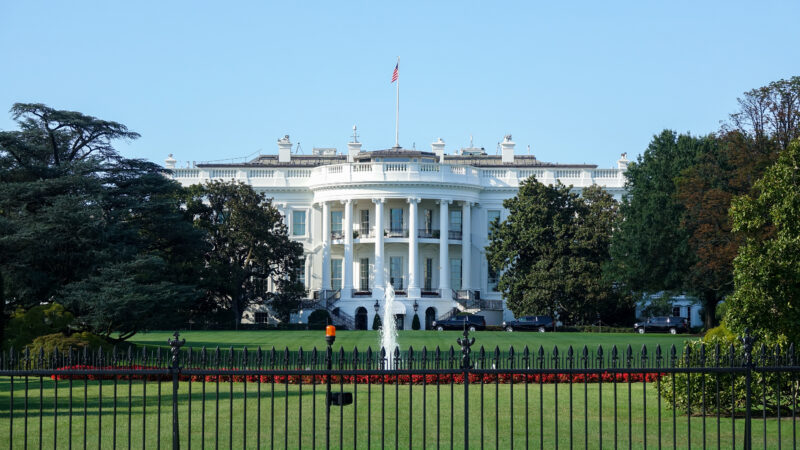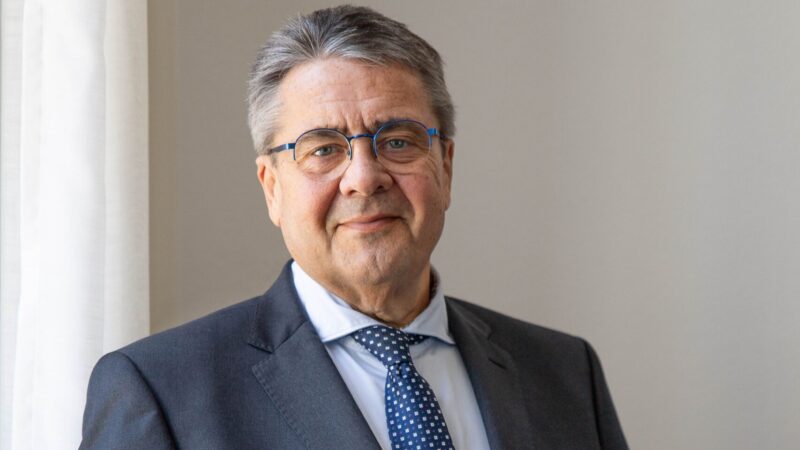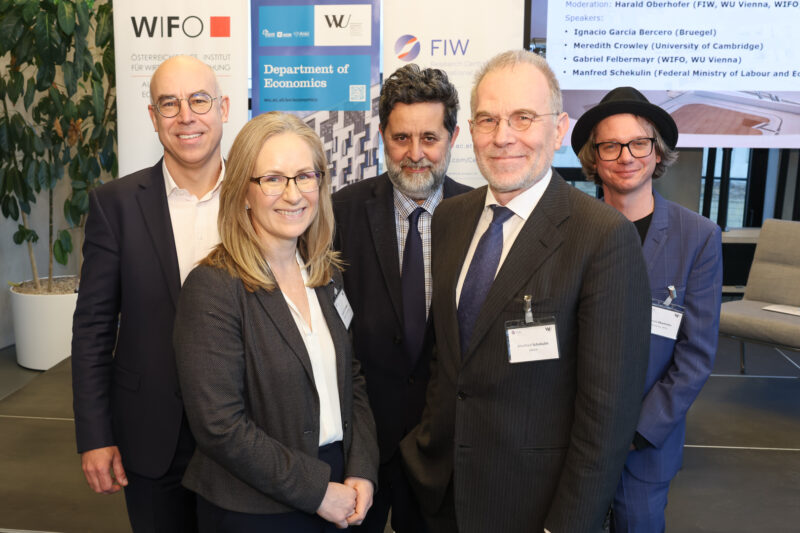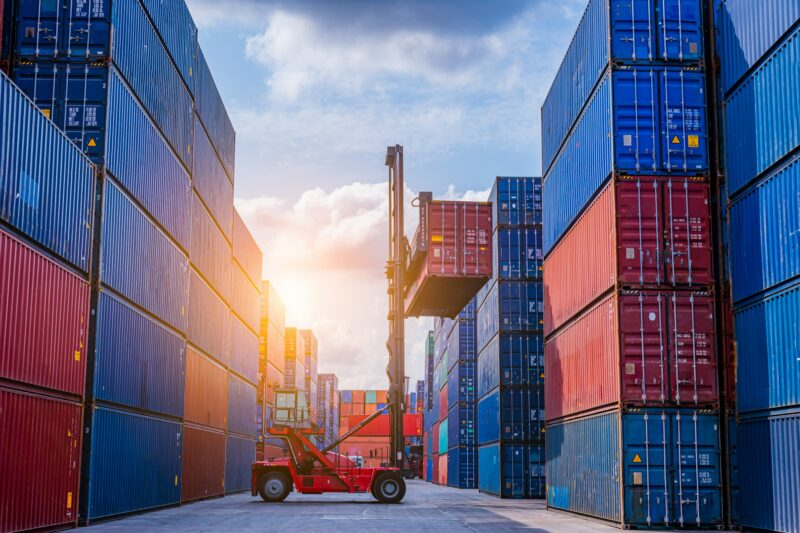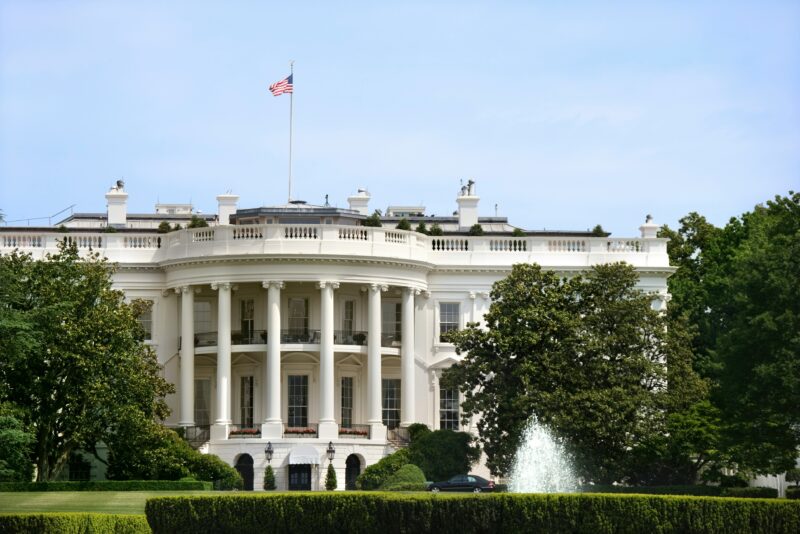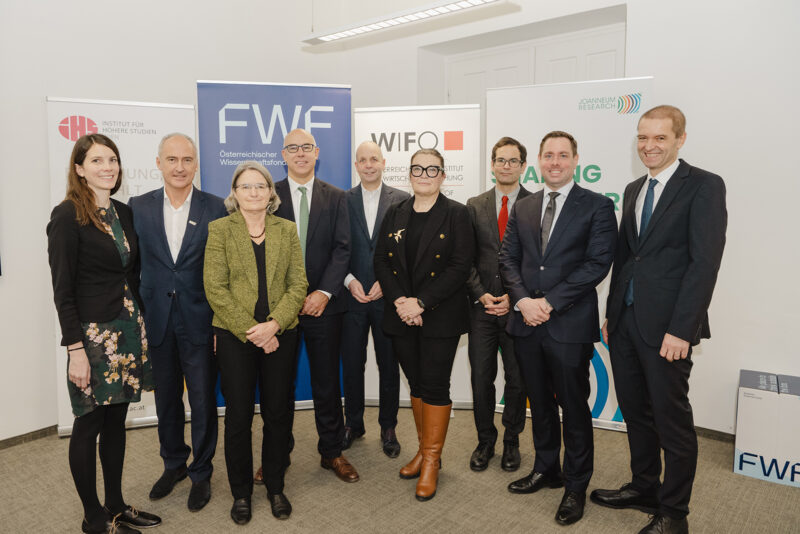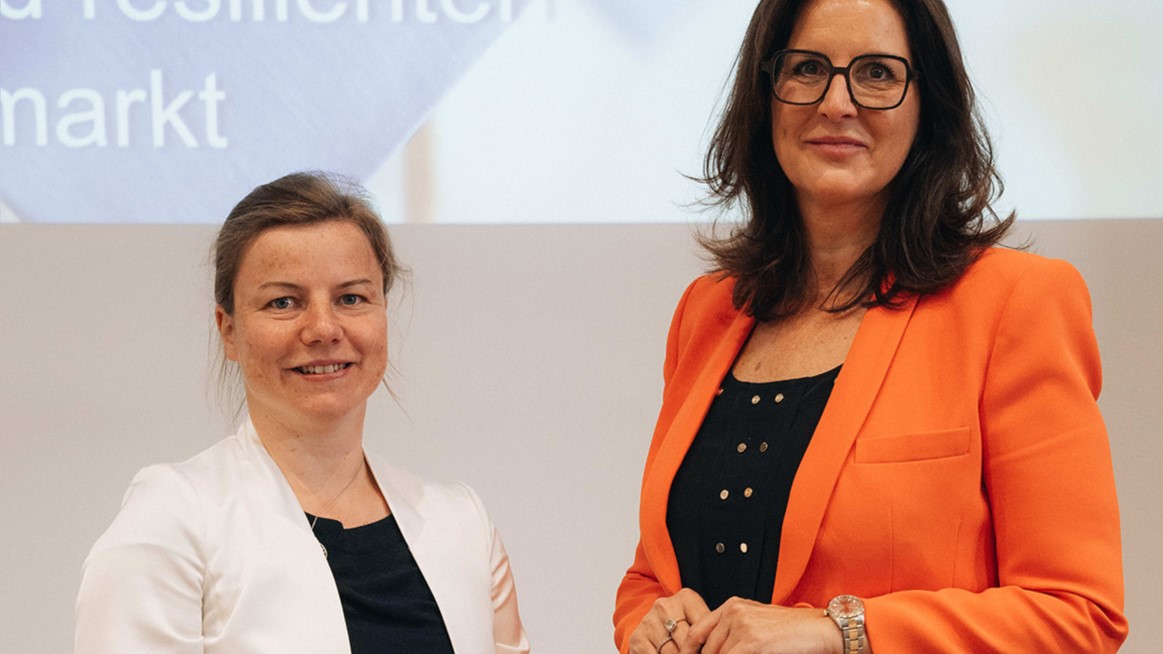
Standards in the Geoeconomic Focus of the EU
The EU Parliament has just been elected and the presidential elections in the USA are eagerly awaited. Depending on the outcome, there is a risk that international trade will be even more instrumentalised for foreign and security policy purposes, and that trade conflicts and protectionist measures will escalate. The challenges and key issues of the EU, which is caught between new global alliances and aims to become climate-neutral by 2050, remain unchanged, according to Christen. Considering increasing disruptive changes, the EU needs geoeconomic concepts to strengthen its self-assertion, ability to act, and resilience.
Not only the crises of recent years, such as the energy crisis or supply chain problems, but also long-term influencing factors, such as the increasing rivalry between economic powers and the growing challenges of green and digital transformation, are leading to changes in geoeconomic and geopolitical framework conditions. These structural upheavals demand strategic concepts and instruments from the EU to protect the Single Market from unfair trade practices, create a level playing field, and at the same time to ensure sustainable supply chains and the protection of human rights.
Christen emphasises the economic and geoeconomic importance of standards and norms, which not only form the foundation of the EU Single Market but also make a significant contribution to increasing the EU's geoeconomic reach and defending the EU's influence on global rule-setting, especially in regulatory and geoeconomic competition with the USA and China.
She sees the EU Single Market, with its size, depth, and dynamism, as the EU's most important asset, which serves as a defensive and offensive leverage in dealing with third countries and plays a key role in the effectiveness and credibility of the EU's trade policy concepts. Strengthening and completing the Single Market in line with the EU standardisation strategy represents an effective approach to increase resilience and the ability to act and to counteract economic fragmentation and uncertainty.
Austrian Standards organised Expert Talks at the House of Standards & Innovation on 12 June 2024, in cooperation with the European Commission, the Federal Ministry of Labor and Economy, the Federal Ministry of Finance, the Federation of Austrian Industries and the Austrian Electrotechnical Association (OVE). The focus was on the EU standardisation strategy, which was published by the European Commission in February 2022 to strengthen a green, digital, and resilient EU Single Market.
Please contact







